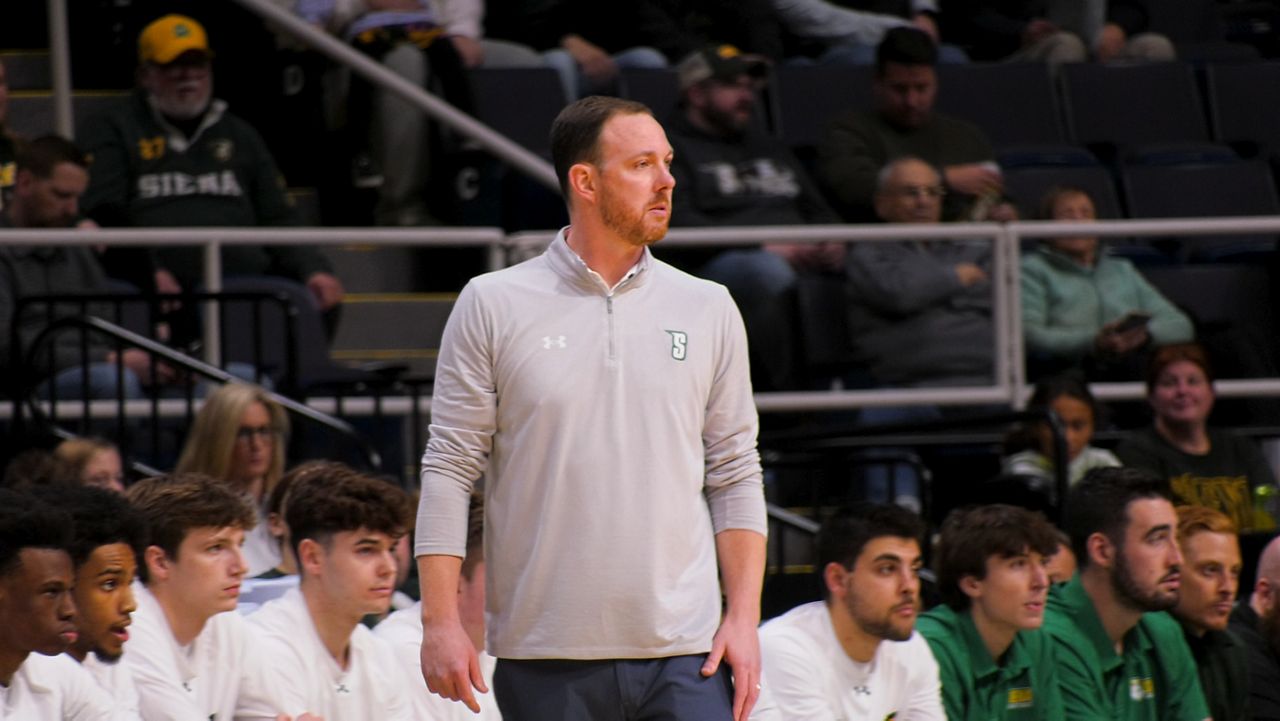Bussiness
Business Leadership Lessons From A Non-Business Leader: Jonas Salk

Dr. Jonas Salk stands in the University of Pittsburgh laboratory in which he developed a vaccine for … [+]
As often as possible, it’s a good idea to seek business leadership lessons from non-business leaders, especially those for whom profit was not a motive. Here’s a great one.
One hundred ten years ago today – October 28, 1914 – Dr. Jonas Salk was born in New York City, where his parents were Russian Jewish immigrants. His parents lacked a formal education, but certainly not a vision for their son. He went on to NYU Medical School where he stood out from his peers not just because of his intellect and academic excellence, but also because he chose research rather than going into private medical practice.
By almost exactly the mid-point of his life – 1955, to be precise – he introduced his vaccine, the Salk vaccine, which made polio – considered at that time the most frightening public health problem of its time – a thing of the past. In fact, 1952 saw more than 300,000 confirmed cases and 58,000 deaths, most of them children.
Immediately, upon introduction of his vaccine on April 12, 1955, the world changed.
It is three quarters of a century after Dr. Salk’s vaccine was introduced, and almost all of you reading this have never met anyone with polio. Can you even imagine what an impact this had?
Dr. Salk spent the last 40 years of his life in continued research. He founded the Salk Institute for Biological Studies (California), authored countless studies, several significant books, and spent the last few years of his life in quest of a vaccine against HIV. He was an altruistic humanist of the highest order.
Right thing, right time, right reasons
For instance, he never patented his polio vaccine, refusing to gain personal profit from his contribution to humankind. When the development was nearing completion, he was visited by a legal team at the University of Pittsburgh, where he worked day and night in the research lab that bore his name. They asked who owns the patent, only to find that he had no interest in that. But he did ask what was involved, now that they had brought it up. When they detailed the protracted year or so of the process, Dr. Salk, mortified, vetoed the process immediately, reminding them how many people would be paralyzed – or worse, killed – by this terror, issuing this moralistic lesson:
“There is no patent. Could you patent the sun?”
And so, aside from his regular salary, Dr. Jonas Salk never made a dime on his vaccine, arguably one of the ten most impactful scientific discoveries in history.
In the mind and heart of the leader
To understand this unusual commitment, we must first understand his moral, ethical, and intellectual underpinning and his sense that the individual does, indeed, have a responsibility for the welfare of society. “Our greatest responsibility,” he said, “is to be good ancestors.”
But that noble promise doesn’t likely go far without a persistent curiosity that rides upon a powerful intellect. Always self-aware, he explained, “Intuition will tell the thinking mind where to look next.”
And now, a personal note
In the very first human trials of the Salk vaccine (1954), children around the country were selected to be in two groups: one receiving the actual vaccine and one receiving a placebo. I was one of the first in all of the world to receive the actual – and still have my Polio Pioneer card to prove it. It is entirely conceivable that my life was changed without being changed.
I think about that often.








